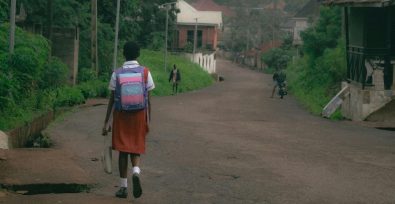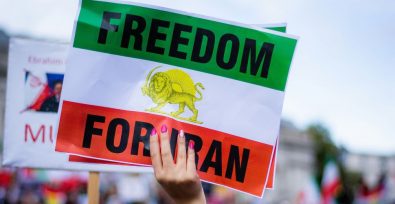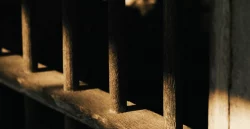In Zimbabwe, child marriage continues to rob girls of their futures. Despite national laws banning it, one in three girls marries before turning 18, according to UNICEF. Poverty, tradition, and lack of enforcement keep the cycle alive. But across rural Zimbabwe, girls and local leaders are transforming an ancient custom into a force for freedom.
“Suddenly I had to be a mother and wife,”
Samantha Chidodo, now 26, was forced to marry a man nearly ten years older when she was just 17. The abusive marriage left her isolated and exhausted. She recalls:
All I wanted was to play and think of my future. Suddenly I had to be a mother and wife, I didn’t even know what to do. I would be dead asleep, oblivious that I needed to breastfeed.
With support from Rozaria Memorial Trust, Samantha left her abusive marriage and went back to school. Today she helps run Nhanga in her community. In an article by ABC News, she says proudly:
Initially we were only about 20 girls. Almost 90% of us did well, some went to college, others started projects. The community began to see our power, and encouraged their children to join, Nhanga is now seen as cool.
Traditionally, Nhanga, “girls’ bedroom,” prepared girls for marriage. Now it teaches empowerment. Under tents, girls gather to discuss sexuality, child marriage, teen pregnancy, gender bias, education, economic empowerment and the law. They also learn practical skills like poultry rearing, farming, and soap making.
“This is a safe space, every girl feels free,” said 18-year-old Anita Razo, who joined Nhanga at 14 and now mentors others.
Communities hold abusers accountable
Child marriage often stems from desperation. Families struggling with poverty sometimes marry off daughters to ease financial burdens. But that is changing. Some chiefs now fine anyone who forces or arranges a child marriage—a cow paid as a fine is kept in trust to fund the girl’s education. Others refer cases to the police.
By working with community leaders, Nhanga programs are shifting norms from within. What once prepared girls for marriage now prepares them for independence. But poverty and deeply rooted tradition remain issues. Enet Tini, a teacher explained that although there is a government policy allowing girls back to school after childbirth, many parents hesitate. She says:
The gap that we have lies with the adults. They view pregnancy or child marriage as indiscipline so they think the girls should be punished,
Reclaiming traditions to end modern slavery
Laws alone cannot end exploitation. Although Zimbabwe and other African countries have banned child marriage and changed abortion laws for girls under 18, poverty, weak enforcement, and cultural traditions still allow the practice to persist.
UNICEF reports that although the global prevalence of child marriage has decreased in the past ten years, sub-Saharan Africa is expected to experience both growing relative share and an increasing total number of child brides.
But the Nhanga initiative proves locally led initiatives tackling the root causes can help girls reclaim their future. With backing from Rozaria Memorial Trust, the movement has spread to Zambia and Sierra Leone and gained recognition at African Union and UN forums.
Freedom United envisions a world free of child marriage and forced child marriage. Efforts like Nhanga show that change starts when communities take a stand. Join us—sign Freedom United’s petition to end child marriage.







Freedom United is interested in hearing from our community and welcomes relevant, informed comments, advice, and insights that advance the conversation around our campaigns and advocacy. We value inclusivity and respect within our community. To be approved, your comments should be civil.